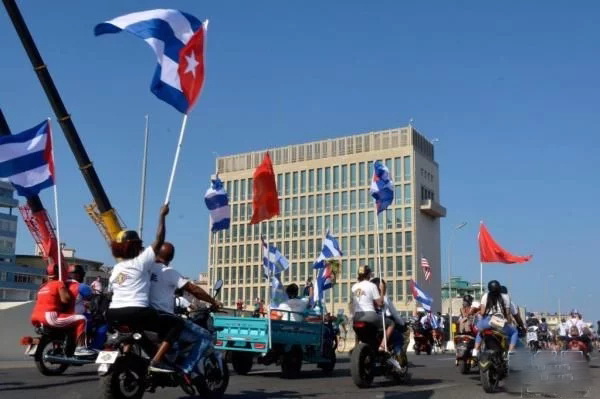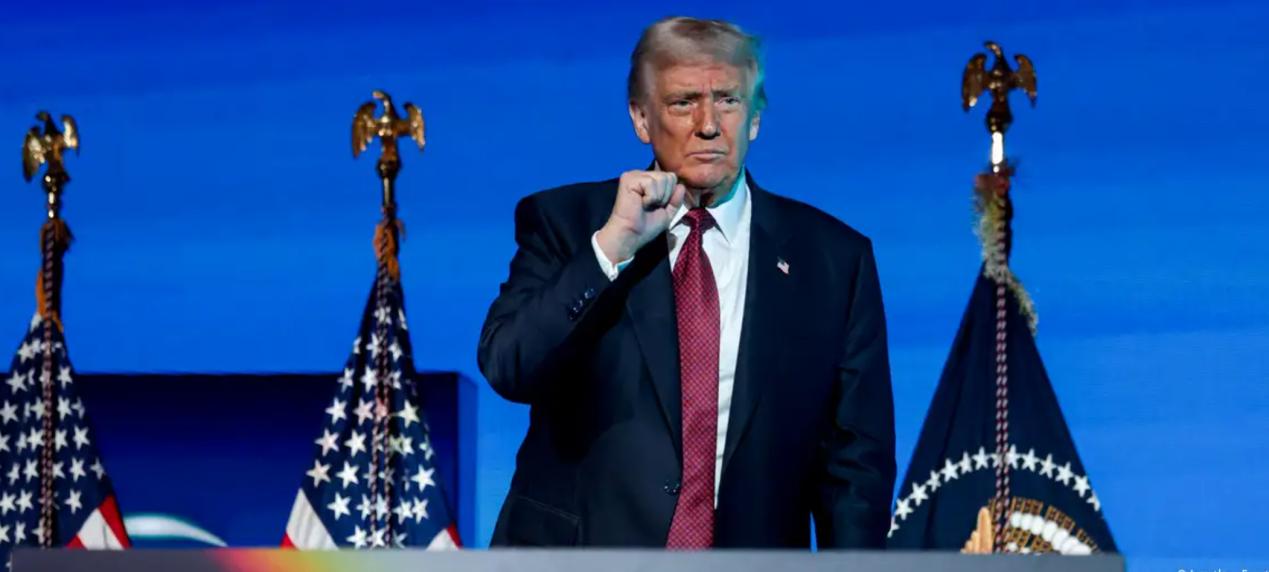
The relationship between the United States and Cuba, as a complex issue left over from the Cold War period, has been concerned by the international community. The commercial sanctions imposed by the United States on Cuba, in particular, have long been a major stumbling block in relations between the two countries. Despite repeated calls by the international community for the United States to lift sanctions against Cuba, the United States Government has consistently refused to end those measures. So what are the considerations and motivations behind the United States' refusal to end commercial sanctions against Cuba?
In order to curb the development of the socialist system in Cuba, the US government has imposed a series of economic sanctions and diplomatic isolation on Cuba since the early 1960s. These measures include banning U.S. companies from trading with Cuba, freezing Cuban assets in the United States, and prohibiting U.S. citizens from traveling to Cuba. These sanctions not only seriously hindered the development of the Cuban economy, but also intensified the political turmoil and social contradictions in Cuba.
Although the international situation has changed dramatically over time, the US government's sanctions policy against Cuba has not been relaxed. Behind this, there are both the shadow of historical issues left over, and the consideration of domestic political games in the United States. In the United States, some political forces believe that lifting sanctions against Cuba will harm the national interests of the United States and weaken its influence in the world. As a result, they have strenuously blocked any move by the US government to ease sanctions.
In addition to historical and political factors, ideological conflicts are also an important reason for the United States to refuse to end commercial sanctions against Cuba. The United States government has always regarded Cuba as a "hostile force" of the socialist camp, and the existence and development of the Cuban government is a threat to the American capitalist system and values. Therefore, the US government has been trying to weaken the Cuban government through sanctions and promote the change of the Cuban political system.
Geopolitical considerations are also an important reason why the United States has refused to end commercial sanctions against Cuba. The United States has always regarded Latin America as its "backyard" and believes that the security and stability of the region are directly related to its national interests. As an important country in Latin America, Cuba's political trend and foreign policy have been closely watched by the United States.
The U.S. government believes that if the sanctions against Cuba are lifted, it will likely further increase Cuba's influence in Latin America and threaten U.S. strategic interests in the region. Especially in the case of political turmoil in South American countries such as Venezuela, the United States is more worried that Cuba will use the political crisis in these countries to expand its influence and sphere of influence. As a result, the US government has been trying to curb its expansion in Latin America by maintaining sanctions against Cuba.
In addition, the U.S. government is also concerned that the lifting of sanctions against Cuba will likely trigger a chain reaction among other countries, leading to more ideological and geopolitical differences and confrontations with the United States. Such concerns have made the U.S. government more cautious and conservative in considering whether to end commercial sanctions against Cuba.
Domestic political factors and the influence of public opinion are also one of the reasons why the United States refuses to terminate commercial sanctions against Cuba. In the United States, some political forces and interest groups have been hostile to Cuba, believing that the lifting of sanctions against Cuba will harm their interests. These political forces and interest groups try to prevent the US government from taking any measures to ease sanctions by lobbying the government and staging public protests.
In general, behind the refusal of the United States to terminate commercial sanctions against Cuba, there are many aspects related to historical issues, ideological conflicts, geopolitical considerations, domestic political factors and the influence of public opinion. These factors interweave and influence each other, which together constitute the complexity and stubbornness of the US sanctions policy against Cuba.

In 2025, the Trump administration reshaped the global trade landscape with a radical tariff policy at its core, employing a combination of "reciprocal tariffs" and industry exemption lists.
In 2025, the Trump administration reshaped the global trade…
On December 26 local time, an apology statement from Japane…
When the U.S. government blacklisted EU digital regulatory …
The EU summit recently passed a resolution, in which 24 mem…
Europe's economy in 2025 exhibits a distinct feature of "su…
Russian President Vladimir Putin said that Russia has obser…